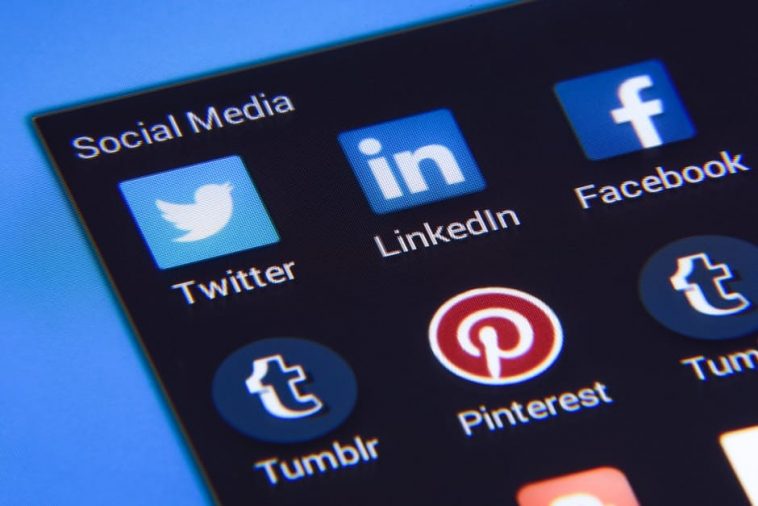With technology evolving every minute, the world around us is changing constantly as well. Even basic instant messaging has evolved into a process of creating, sharing, and engaging with one another.
The course begins from the moment you grab your smartphones in the morning, and throughout the workday, and goes along with an evening on computers, laptops, or tablets. The new technology has completely changed the ways of communication, interactions, and even how people feel about each other.
Recently, the American Academy of Pediatrics has warned about the possible negative effects of engaging with social media platforms. According to their studies, social media platforms are creating depression among young kids and teenagers. This has aroused a lot of concerns about the negative effects on the mental health of people across generations. The following are the ways it is bringing damages to the health of people.
It is creating an addiction:
People who use social media excessively become over-dependent on their digital devices. Most of the cases have proved that such people report more feelings of anxiety when they are stopped from using them. Because of this addiction, they easily neglect their personal life, experience mood swings, and tend to go under a kind of withdrawal.
Makes less happy:
The urge of using Facebook, Instagram, or Twitter increases sadness for users. The researchers have linked this social media usage with less moment-to-moment happiness and less life satisfaction. On the surface, it seems people get more connected to others and remain socially active. But rather than enhancing their well-being, the findings demonstrate that connecting through social media undermines most of their relationships and makes them unhappy all the time.
DoomScrolling:
According to research, here’s an interesting insight about Doomscrolling.
-
Evening (6:00 – 9:00 PM) is the preferred time of day to engage in doomscrolling.
-
Americans’ doomscrolling habits are primarily triggered by content related to social issues (16.98%), health (16.09%), and economic/financial news (13.98%).
-
The top three most effective ways of coping with doomscrolling are limiting news sources (15%), using apps/tools to regulate screen time (14%), and practicing mindfulness/meditation (13%).
-
About 72% of workers admit to missing a deadline or underperforming on a task due to doomscrolling on the job.
Rising comparison:
Social media platforms are commonplace to make people feel complex about themselves, their living standards, and their dwellings. It makes them compare them with several posts and makes them feel worse about their situation. These kinds of social comparisons are closely related to depressive symptoms.
Triggers feelings of jealousy:
The comparison factor does not stop just making people unhappy but it leads them to a vicious cycle. Seeing photographs of other people’s vacations and dining out, arouse feelings of jealousy. According to reports the magnitude of feelings of jealousy while using social media platforms is astounding. This makes these platforms a breeding ground for invidious feelings.
It keeps people coming back:
Although people experience negative feelings while using social media it makes them come back again and again. It acts like a drug that you think will help to fix the problem but it makes it worse. Most of people feel like going on with it despite feeling sad and envious. This is very common to most other addictions.
Social media has no doubt played a very important role in connecting people from different parts of the world. It has made people get in touch with their relatives and friends that they couldn’t have otherwise but depending on it for an emotional uplift is not at all a good idea. Therefore, using social media platforms in moderation is the key to keeping your life balanced and stopping the negative impacts from affecting your life.




